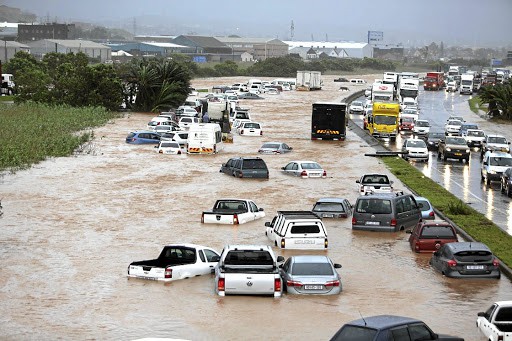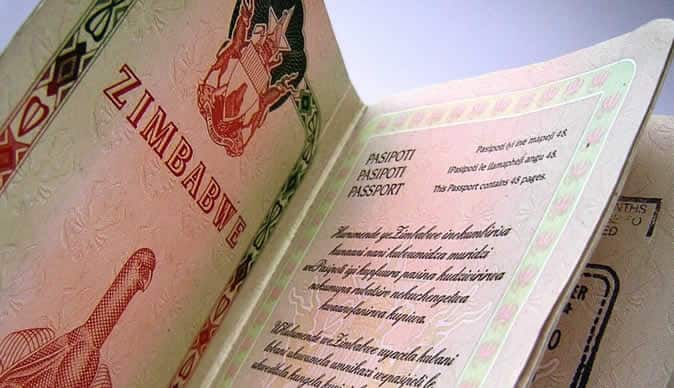SMUGGLERS operating in cahoots with security service personnel from both Zimbabwe and South Africa have reportedly opened unofficial border posts at a number of points along the Limpopo River, defying lockdowns to control the spread of coronavirus in both countries.
The spread of coronavirus through these points cannot be ruled out as safety has been thrown aside for greed, it has been established.
Also, government is losing thousands of dollars in duty with security personnel posted on the forward bases close to those illegal crossing points are making a killing.
The officer commanding Beitbridge Police District, Superintendent Tichaona Nyongo confirmed that police intercepted a truck laden with goods suspected to have been smuggled through one of the points.
He said investigations were on.
“We are holding a truck with a variety of groceries suspected to have come through one of those points,” he said.
A man, who confessed having crossed the border through a point near Panda Mine, said the crossing point was a hive of activity.
“Dozens of small and medium-sized trucks and close to 30 spans of donkeys drawing carts are shunting the goods across the river,” the source said.
“I crossed to Musina on Monday afternoon and came back the following day through the same point and traffic was thick.”
After the lockdown started, essential service shops in Musina now open for stipulated periods during which shoppers, including Zimbabwean smugglers, buy goods in bulk for resale.
Among the groceries in demand is mealie-meal, flour, cooking oil and toiletries.
Beitbridge, which heavily relies on South Africa for consumptive purchases and for trade, is one of the Musina traders customers’ base.
High costs of foodstuffs from local supermarkets and an unclear supply of mealie-meal have forced people away from crowded local shops to smaller traders fed by smugglers.
“Mealie-meal supplies to traders in Beitbridge are hard to get because they sell to people who supply the black market,” said Silvia Mbedzi, who said she had been to the shops unsuccessfully for three days.
“Government must devise a method to see that we are not exploited.”
Throughout the lockdown period, Beitbridge East legislator Albert Nguluvhe (Zanu-PF) said he has been visiting shops to ensure ordinary people accessed maize meal.
“It is tough because businesses are being exploitative and I have been called to many shops,” he said.
Coupled with the recurring droughts, food shortages in Zimbabwe have increased during the national lockdown to curb the spread of coronavirus.
Beitbridge district development co-ordinator Sikhangezile Mafu said the situation in rural Beitbridge was not desperate since food handouts continued, with at least 10 000 households receiving food from government and its partners.
“There is not much difference because food delivery has been ongoing,” she said.
The proximity of the district to South Africa eased the problems with the arrival of migrant workers, who came following the introduction of the lockdown in the neighbouring country.
Many are, however, worried that the sudden influx of people could spread coronavirus since unofficial crossing points are not monitored by health officials.
South African nationals have also been coming to Zimbabwe in search of beer, which is banned in that country during lockdown.
Bush roads at Panda Mine and River Ranch east and west of the border town, respectively, have become busy as smugglers web their way from the river.
Lutumba, a business centre along the Harare-Beitbridge Highway, has become the hub of the smugglers far away from the eyes of customs and excise officials.
agencies














